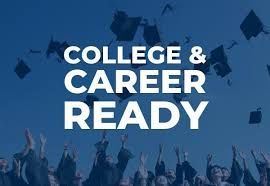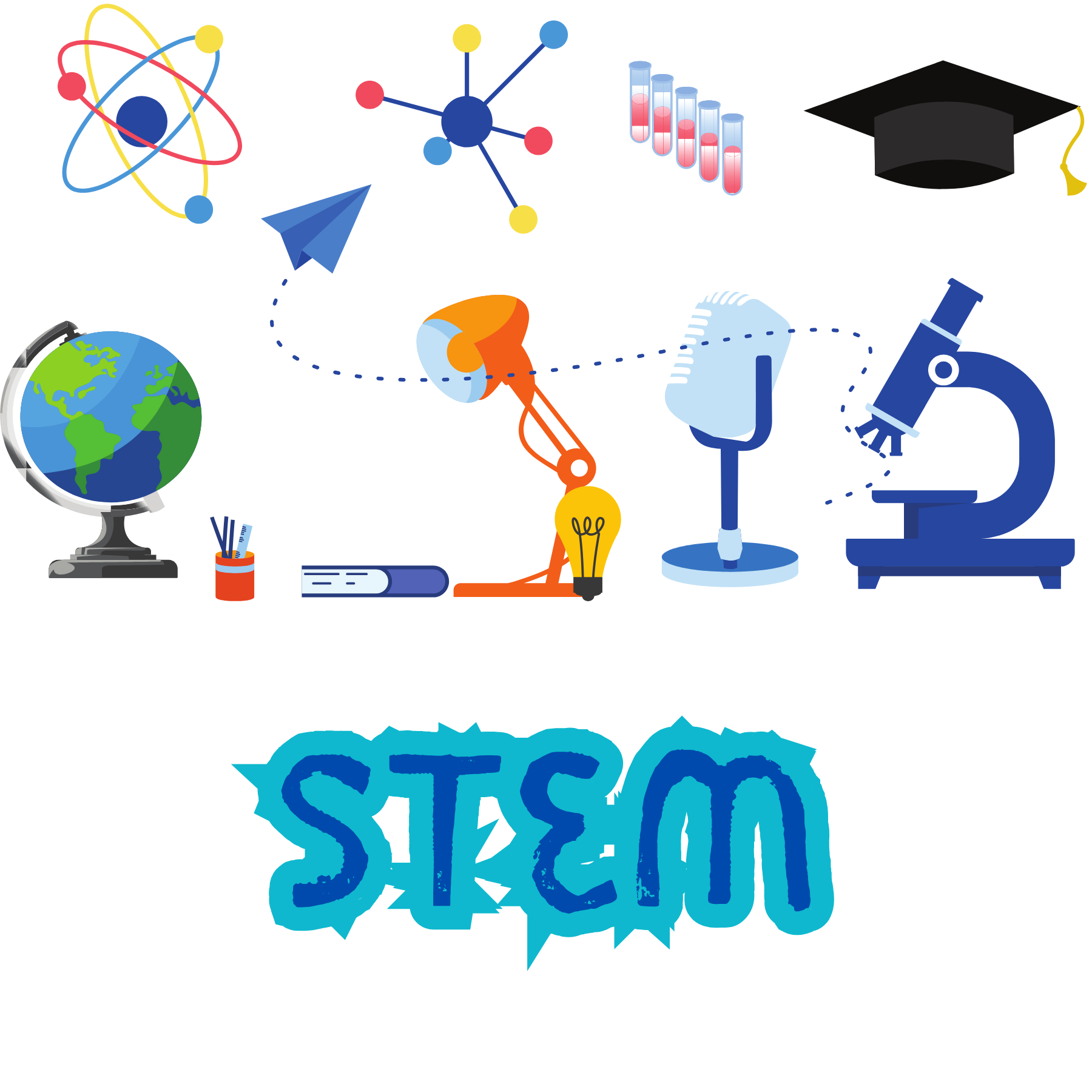College and Career Awareness
College and Career Awareness Staff

Ms. M.Andreasen
- Digital Literacy
- College and Career Awareness: Business
- Creative Coding
- Exploring Business and Marketing

Mr. C.Briggs
- Exploring Technology
- Exploring Technology 2
- College and Career Awareness: Technology

MS. J.Christensen
- ACS Exploration A - Textiles
- FACS Exploration B - Foods & Wellness
- College and Career Awareness: FACS
College and Career resources
-
You ScienceList Item 2
YouScience® Brightpath is the only aptitude-based guidance platform that leverages data and artificial intelligence to help individuals identify their aptitudes, validate their skills, and get matched with educational and career pathways.
-
ACT College and Career readinessList Item 3
Ready. Set. ACT!
Whether you're preparing for college, exploring college alternatives, or want to certify your career skills, ACT is here to help you every step of the way!
-
USBE CTE pathways
Career Pathways show students a direct connection between doing well in high school and being able to transition smoothly to postsecondary opportunities or getting a good job when they graduate. Students who focus on a Career Pathway acquire the skills necessary for entry into well-paid careers with high potential for rapid financial growth, increased levels of responsibility, and a high degree of personal satisfaction.
-
UEN Career EducationList Item 4
Career Education resources for learners and educators.
Colleges
- Brigham Young University
- Dixi Technical College
- Eagle Gate College
- Ensign College
- Fortis College
- Joyce University
- Mountain land Technical College
- My Computer Career Training
- Neumont College
- Nightingale College
- Oquirrh Mountain Phlebotomy School
- Provo College
- Salt Lake Community College
- Snow College
- Southern Utah University
- Southwest Tech
- The University of Utah
- Utah State University
- Utah Tech University
- Utah Valley University
- Weber State University
- Western Governors University
- Westminster University
Career
Degrees and Certifications
Certifications:
Are more targeted and cost-effective than degrees, and can help you quickly enter a specialized role. Certifications can be a good option if you want to add to your existing skills or specialize in a particular area. However, certifications need to be renewed regularly, and they may not be as comprehensive as degrees.
Degrees:
Provide a broad education that can prepare you for a variety of career paths. Degrees can be more expensive and time-consuming than certificates, but they can also lead to higher-level roles. Some employers may prioritize degrees in the hiring process.
- Associate degree:
Typically a two-year program providing basic skills and knowledge in a chosen field.
- Bachelor's degree:
A four-year program offering a deeper understanding of a subject area.
- Master's degree:
A graduate-level degree that builds upon a bachelor's degree with advanced study in a specific area.
- Doctoral degree:
The highest level of academic degree, often requiring extensive research and a dissertation.




